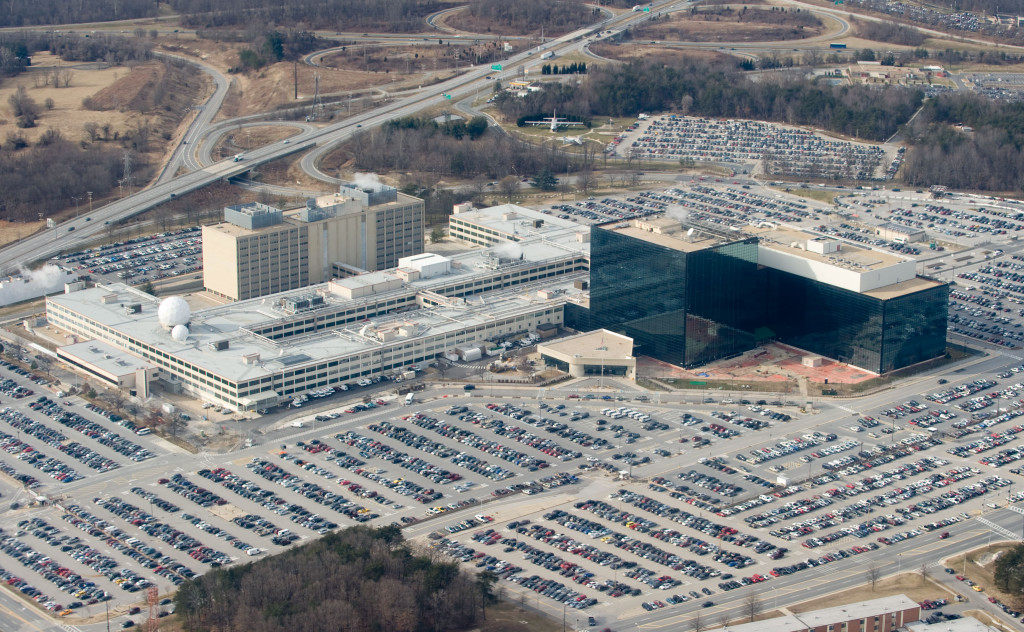How AT&T Helped the NSA Spy on Millions

August 17, 2015
Share
More than two years later, the Edward Snowden leak continues to reverberate.
On Saturday, a joint investigation by The New York Times and ProPublica provided striking new detail on the extraordinary cooperation provided to the National Security Agency in the surveillance of Americans’ communications records by the second-largest wireless carrier in the country, AT&T.
According to the report, AT&T provided the NSA with access to billions of communications records — including emails and phone call data — as they passed through its domestic network system in the U.S. The report also found that the company installed surveillance equipment in at least 17 of its Internet hubs on U.S. soil, had its engineers test surveillance technology invented by the NSA, and even aided the organization in carrying out a court order permitting the wiretapping of online communications at United Nations headquarters in New York.
As the investigation noted:
While it has been long known that American telecommunications companies worked closely with the spy agency, newly disclosed NSA documents show that the relationship with AT&T has been considered unique and especially productive. One document described it as “highly collaborative,” while another lauded the company’s “extreme willingness to help.”
In a statement, an spokesman for AT&T told The Times, “We do not voluntarily provide information to any investigating authorities other than if a person’s life is in danger and time is of the essence.”
Still, internal NSA documents referenced in the report go on to show how AT&T not only provided the spy agency with data that travels over its own networks, but data transmitted by AT&T on behalf of other telecom companies — a practice known in the industry as “peering.”
In a 2006 lawsuit, Mark Klein, a retired AT&T technician, claimed that as early as 2003, he had discovered a secret room at an AT&T building in California where the company was providing the NSA with access to data it was transferring for other companies. The discovery was recounted by Klein in the below scene from the FRONTLINE investigation, United States of Secrets:
In 2008, Congress passed a law shielding U.S. companies from retribution for any cooperation in the government’s domestic surveillance efforts and Klein’s lawsuit was thrown out of court. But as ProPublica’s Julia Angwin and Jeff Larson note, “The newly disclosed documents seem to confirm the words of … Mark Klein.”
In one document cited in the report from 2013, for example, the NSA said that AT&T’s “corporate relationships provided unique accesses to other telecoms and ISP’s,” or Internet service providers.
In an interview with ProPublica, Kevin Bankston, the attorney who first brought Klein’s allegations, responded to the latest revelations from the Snowden leak.
“We were treated as crazy for years,” he said, ” … for allegations that we now know are substantially true.”
Related Film: United States of Secrets
In a two-part series, FRONTLINE investigates how the government came to spy on millions of Americans.

Related Documentaries
Latest Documentaries
Related Stories
Related Stories
Explore
Policies
Teacher Center
Funding for FRONTLINE is provided through the support of PBS viewers and by the Corporation for Public Broadcasting, with major support from Ford Foundation. Additional funding is provided the Abrams Foundation, Park Foundation, John D. and Catherine T. MacArthur Foundation, Heising-Simons Foundation, and the FRONTLINE Trust, with major support from Jon and Jo Ann Hagler on behalf of the Jon L. Hagler Foundation, and additional support from Koo and Patricia Yuen. FRONTLINE is a registered trademark of WGBH Educational Foundation. Web Site Copyright ©1995-2025 WGBH Educational Foundation. PBS is a 501(c)(3) not-for-profit organization.





















